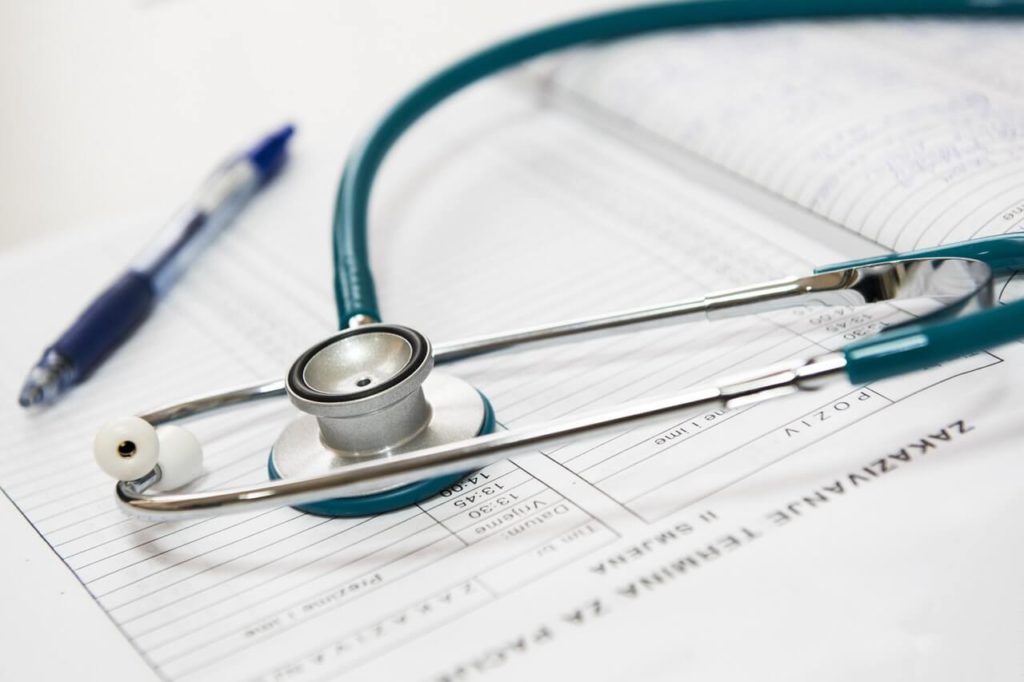
Medical marijuana can relieve many medical conditions. The state of Hawaii has created a list of medical conditions that qualify for the use of medical cannabis.
This list has ten different debilitating medical conditions including cancer, lupus, epilepsy, and Multiple Sclerosis (MS). Anxiety as a general disorder isn't currently on the list.
However, post-traumatic stress disorder (PTSD) was added on July 1, 2015. Anxiety can be one of the major symptoms of PTSD. Also, some other conditions in the list can produce anxiety in the affected patients.
In this article, we'll take a closer look at the relationship between medical marijuana and anxiety. You'll learn about the potential effects of medical marijuana on anxiety symptoms and the associated risks as well.
What is anxiety?
In the medical world, the correct terminology is very important. Sometimes we use medical terms in daily life for conditions that are not appropriate in a professional medical context.
Anxiety produces fears and worry, which can be mild or severe. Generalized anxiety disorder (GAR) has people constantly being anxious about various aspects of their lives.
Anxiety also plays a major role in numerous medical conditions. These conditions include social anxiety disorder, post-traumatic stress disorder (PTSD), panic disorder, and various phobias.
Anxious people may feel dizzy and experience heart palpitations. It's very common for anxiety to result in concentration difficulties and insomnia. An extended period of anxiety may cause debilitating effects.

Another thing that comes up with this topic is an anxiety attack. Here are the main things you should know about these episodes:
- Compared to panic attacks, anxiety attacks are less severe.
- You might feel physical symptoms during the episode.
- Anxiety attacks are not a separate medical condition on their own.
- The episodes may have specific triggers, including problems at home or medical exams.
Does marijuana help people with anxiety?
The core principle of medical marijuana use for anxiety is simple. Lower doses of high-THC cannabis may help to reduce your anxiety. However, higher doses are prone to make anxiety worse.
That's because marijuana interacts with your endocannabinoid system (ECS). The cannabinoid receptors are located throughout your body. These receptors help to balance the various physical processes that carry on all the time.
An important scientific finding is that your ECS regulates fear and anxiety. As varying doses of THC affect your Cannabinoid Type 1 receptors differently, the implications of anxiety management are dose-dependent.
It's important to keep in mind that your ECS responds to cannabinoids and THC isn't the only type of cannabinoid in medical marijuana. Also, the percentage of cannabinoid compounds in medical cannabis depends on the particular strain.
A study published in the Journal of Affective Disorders showed that smoking marijuana reduced self-reported levels of anxiety. The downside is that this reduction was only short term. This study didn't demonstrate any long-term reductions in anxiety.

Medical marijuana contains terpenes. These are oils that make up the plant's distinct aroma. Research is still underway, however, a terpene called limonene has shown the potential to have effects against stress, which itself can be linked to anxiety.
What are the associated risks of using medical marijuana for anxiety?
People using medical marijuana have to consider risks and side effects. While there are studies that show short-term improvement in anxiety symptoms, these benefits need to be weighed against adverse effects.
The potential side effects of marijuana depend on you as an individual. Separate factors could work together to create unique combinations of experienced effects.
The typical side effects of marijuana are:
- Dizziness.
- Inability to focus.
- Dry mouth.
- Blood pressure drop.
- Hallucinations.
- Urinary retention.
- Sudden shifts in mood.
- Tachycardia (fast heartbeat).
Whether a treatment works for you relies on numerous factors, including your genetic makeup, weight, gender, age, and other variables. That's why it's impossible to predict the efficacy of your treatment based on the experiences of others.
A major concern for people with strong anxiety is the likely exacerbation of already existing symptoms. Since THC can raise your heart rate, your anxiety could increase even further as you feel your heart beating faster.
People who suffer from panic attacks or panic disorder should be cautious about medical marijuana use. An article published in the Journal of Psychiatric Research concluded that cannabis use increases the risk of panic attacks in some individuals. You should always consult a physician beforehand.

What about interactions with anti-anxiety drugs?
You should always consult with your physician about possible drug interactions. For example, there are risks involved in combining MAOIs, sedatives, and tricyclic antidepressants with medical marijuana.
Conclusion: Can medical marijuana help with anxiety?
Ten medical conditions qualify for medical marijuana use in the state of Hawaii. Some of these conditions have a high potential of causing anxiety as one of the primary or secondary symptoms.
Medical marijuana may have a positive short-term effect on anxiety. As long as you take a low dose of THC, you might see an improvement in your symptoms.
However, there is limited research regarding the long-term effects of cannabis on anxiety. For example, generalized anxiety disorder (GAD) isn't even on the list for qualifying medical conditions in Hawaii.
THC seems to be more strongly linked to higher anxiety levels, whereas CBD is more tied to anxiety-reducing effects. Consult with your physician to get more information about the options available to you.